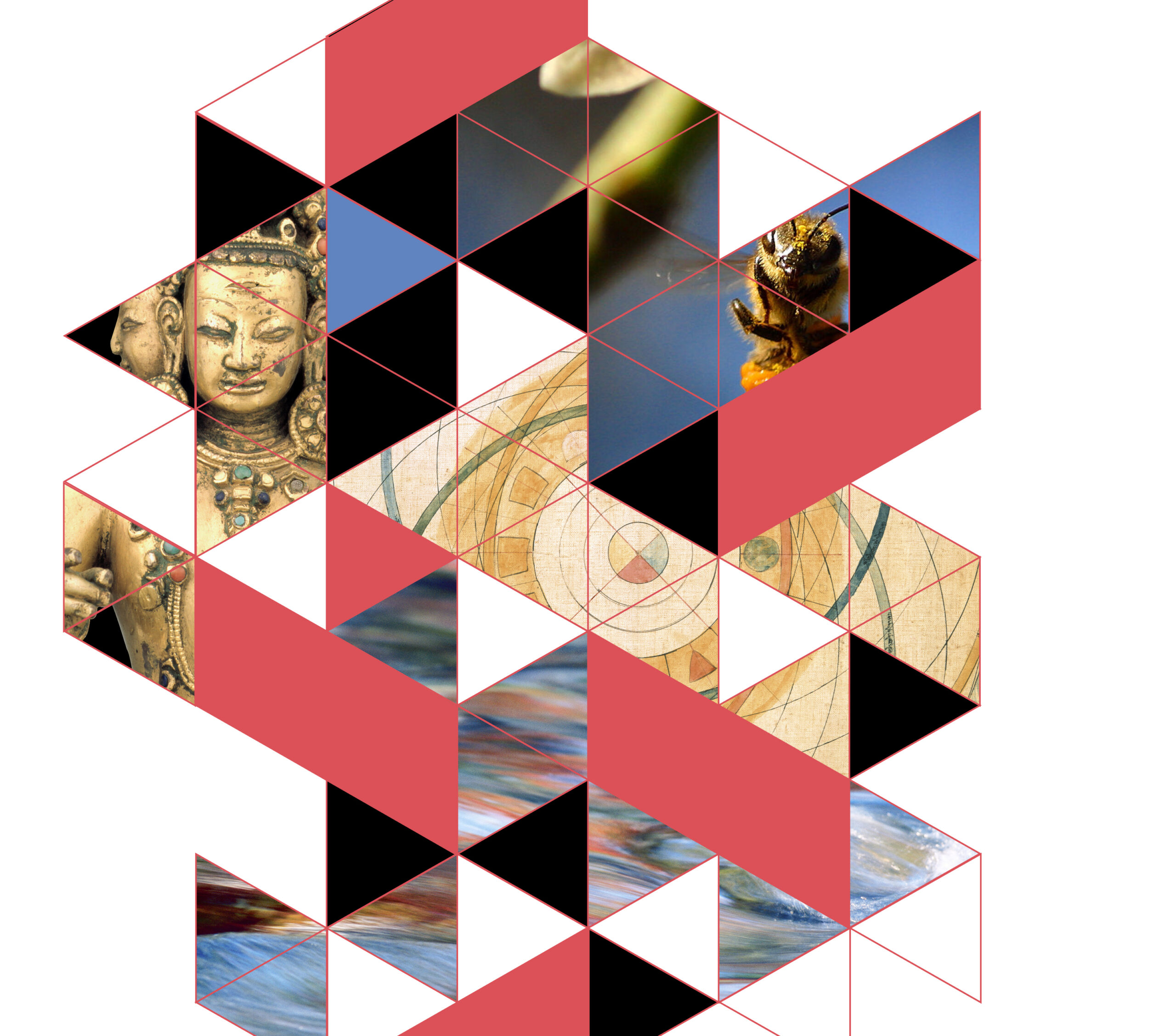
Many of us think of karma as an idea that means pre-destiny or fate. But in Buddhism, karma is instead interpreted as a way of overcoming suffering in which we play a part; that our actions affect our conditions.
We turned to some of our speakers in the upcoming Karma series for their thoughts on the concept of karma and some of the actions they take to make the world a better place.
What are 1-2 habits or actions that people could do every day to change the fate of the planet?
“Read fiction that makes you cry. Be considerate to strangers. Inspire and surprise one another.”
“I feel every moment provides opportunities to serve if you pay attention. But there is always recycling and taking the bus, signing petitions and the actual practices of cultivating altruism.”
“Meditate and practice energy work for at least ten minutes a day.”
“Bring your own grocery bags to the supermarket.”
What books, authors, movies have influenced your perspective on karma, climate change, fate, or responsibility?
“I’m a fan of ensemble theatre, especially companies that support each other conceptualizing a project from time to time, so several people get to develop their vision with each other’s support. Ensemble theatre as a form of organizing art making, not a particular art product, has influenced my perspective on making change in the world by expanding who gets to practice being pro-active and realizing a vision.”
“I would say that my understanding of karma is deeply influenced by the words of the Buddha who said: “˜This being, that becomes. This not being, that becomes not. From the arising of this, that arises. From the ceasing of this, that ceases.’ What this says to me is that everything matters. Aside from that, the movement of the world continues to influence my actions, inspire me, and bump up against my own malaise.”
“Neuroscience has influenced my perspective. It illuminates the ways in which our identities and decisions are steered by a confluence of our genes and our experiences. I think the notions of credit and responsibility are profitably viewed from that perspective”¦ and it’s a perspective from which we can greatly improve our systems of social policy.”
“Lately, President Jimmy Carter inspires me. He reminds me of Mr. Rogers.”
Want to hear more thoughts on karma, responsibility, and fate? Check out our upcoming Karma series, featuring on-stage conversations between a wide range of notable personalities.

